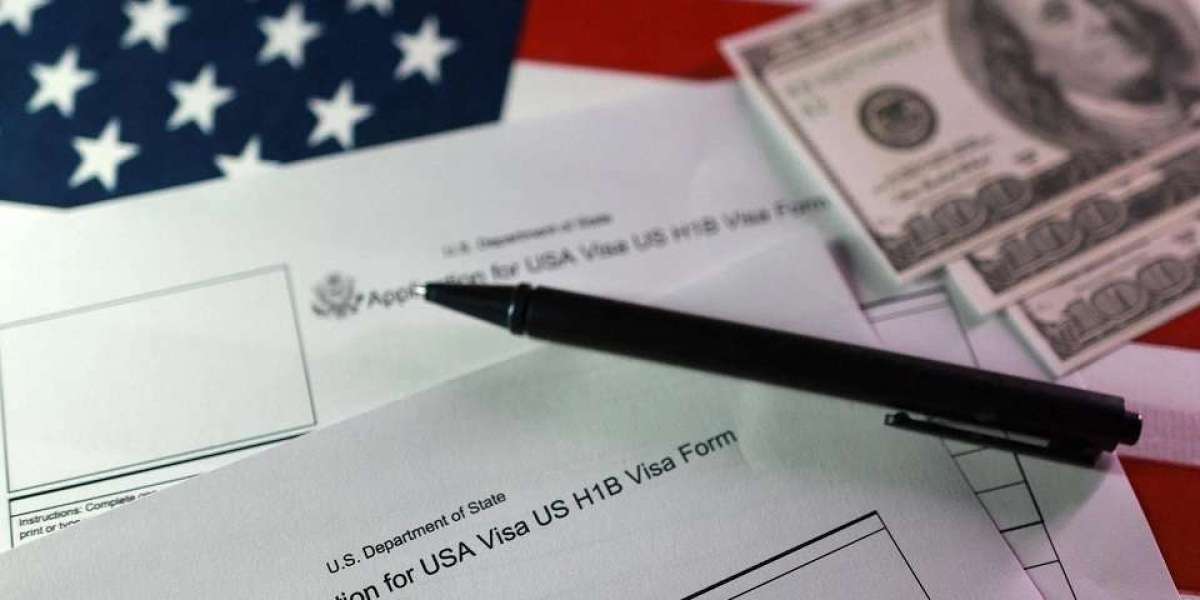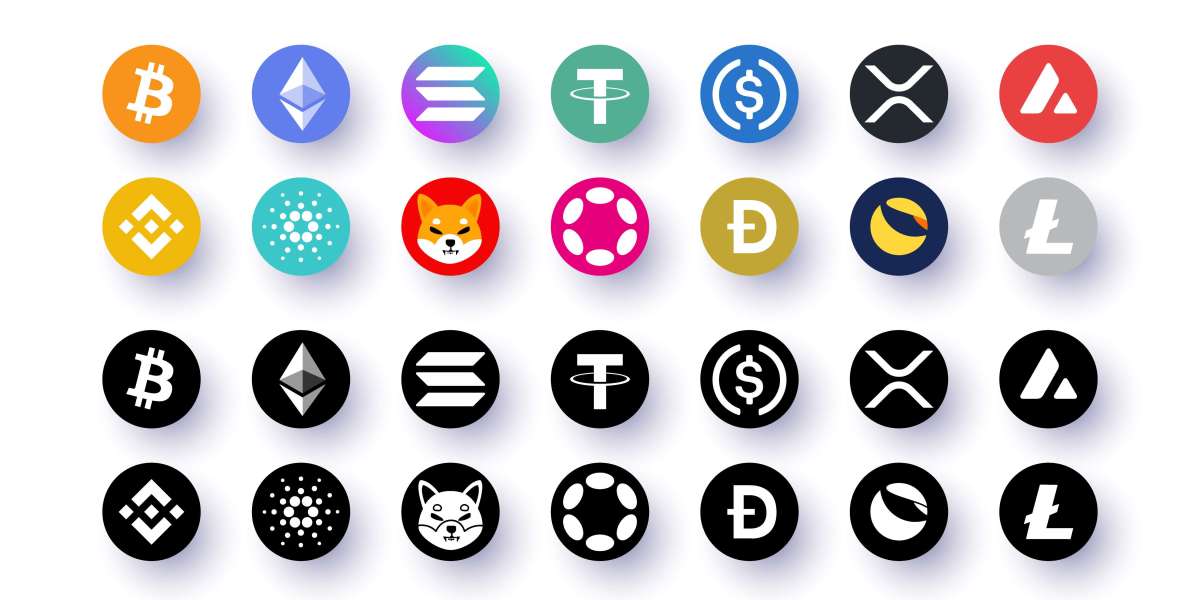article image source: businesstimes.com (link)
The Trump administration's hefty new fees for H-1B work visas have sparked high-level discussions within companies in and outside Silicon Valley about the possibility of more jobs being offshored, precisely the outcome the policy was intended to prevent.
On Friday, Trump announced changes to the visa program, which has long served as a pathway to employment in tech companies, and encouraged international students to enroll in graduate programs in the United States.
While the $100,000 fee only applies to new applicants—not existing visa holders as initially announced—the confusion surrounding its introduction and its high cost are already prompting companies to put hiring plans, budgets, and workforces on hold, according to Reuters interviews with founders, venture capitalists, and immigration lawyers who work with tech companies.
“I’ve had several conversations with corporate clients… who have said that these new fees are simply not feasible in the U.S., and that it’s time to start looking elsewhere for highly skilled talent,” said Chris Thomas, an immigration lawyer with the Colorado law firm Holland & Hart.
“And these are large companies, some of them household names, Fortune 100 companies, who are simply saying we can’t continue.”
According to the Pew Research Center, approximately 141,000 new H-1B visa applications were approved in 2024. Although Congress caps new visa applications at 65,000 annually, total approvals were higher due to the exclusion of college applications and some other categories. Pew data showed that computer-related jobs accounted for the majority of new approvals.
Reducing the Number of H-1B Grantees
The Trump administration and critics of the H-1B visa program have argued that it is used to keep wages low, and that curbing it would open up more job opportunities for tech workers in the United States. Trump's announcement on Friday stated that the H-1B visa program has made it more difficult for college graduates to obtain IT jobs.
The visa previously cost only a few thousand dollars to employers. But the new $100,000 fee will upend the equation, making hiring talent in countries like India—where wages are lower and big tech companies are now building innovation centers instead of back offices—more attractive, experts and executives told Reuters.
“We may have to reduce the number of H-1B workers we can hire,” said Sam Liang, co-founder and CEO of Otter, a startup known for turning conversations and recordings into text using artificial intelligence. “Some companies may have to outsource some of their workforce. They may hire in India or other countries just to get around the H-1B problem.”
advertisement
Startups Hurt
While conservatives have long praised Trump’s sweeping immigration crackdown, the H-1B move has also received support from some liberal quarters.
Didi Das, a partner at venture capital firm Menlo Ventures, which has invested in startups like AI company Anthropic, said that "blanket provisions like this are rarely good for immigration" and will disproportionately impact startups.
Unlike large tech companies, whose compensation packages consist of cash and equity, startup pay packages typically skew toward equity because they need cash to build their businesses.
"For larger companies, the cost is not material. For smaller companies, with fewer than 25 employees, it's much more significant," Das said.
"Big tech CEOs have anticipated this and will pay up. For them, having fewer small competitors is an advantage. Smaller startups are the ones who are hurt the most."
Innovation at Risk
Analysts said the policy could also mean fewer talented immigrants, who often go on to start new companies.
According to a 2022 report by the National Policy Foundation, a nonpartisan think tank based in Virginia, more than half of US startups valued at $1 billion or more had at least one immigrant founder.
Several lawyers said the startups they represent are pinning their hopes on lawsuits arguing that the administration has overreached by imposing fees beyond what Congress envisioned, betting that the courts will ease the rule before the costs hinder hiring.
If that doesn't happen, "we're going to see a withdrawal by the smartest people around the world," said Bilal Zuberi, founder of Silicon Valley-based venture capital firm Red Glass Ventures, who began his career in the US on an H-1B visa.
Thank you !

















































